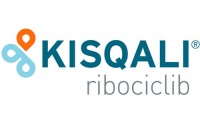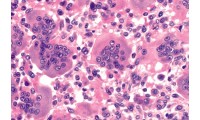-
Novartis reports positive results from Phase III trial of Kisqali® (ribociclib) combination therapy
- Source: Novartis
- 809
- November 10, 2017
-
Roche reports strong performance in the first half of 2017
- Source: www.roche.com
- 512
- August 4, 2017
-
Yangqi Medical Chip completes tens of millions of yuan in Pre-A round financing
- Source: drugdu
- 34
- November 21, 2024
-
Global product revenue exceeds 7 billion yuan! BeiGene’s third quarter report is released
- Source: drugdu
- 36
- November 18, 2024
-
The “trend” and “newness” behind Roche Pharmaceuticals’ layout of smart healthcare in China
- Source: drugdu
- 49
- November 12, 2024
-
Global New Drug Progress and New Sharing
- Source: drugdu
- 70
- November 8, 2024
your submission has already been received.
OK
Subscribe
Please enter a valid Email address!
Submit
The most relevant industry news & insight will be sent to you every two weeks.













